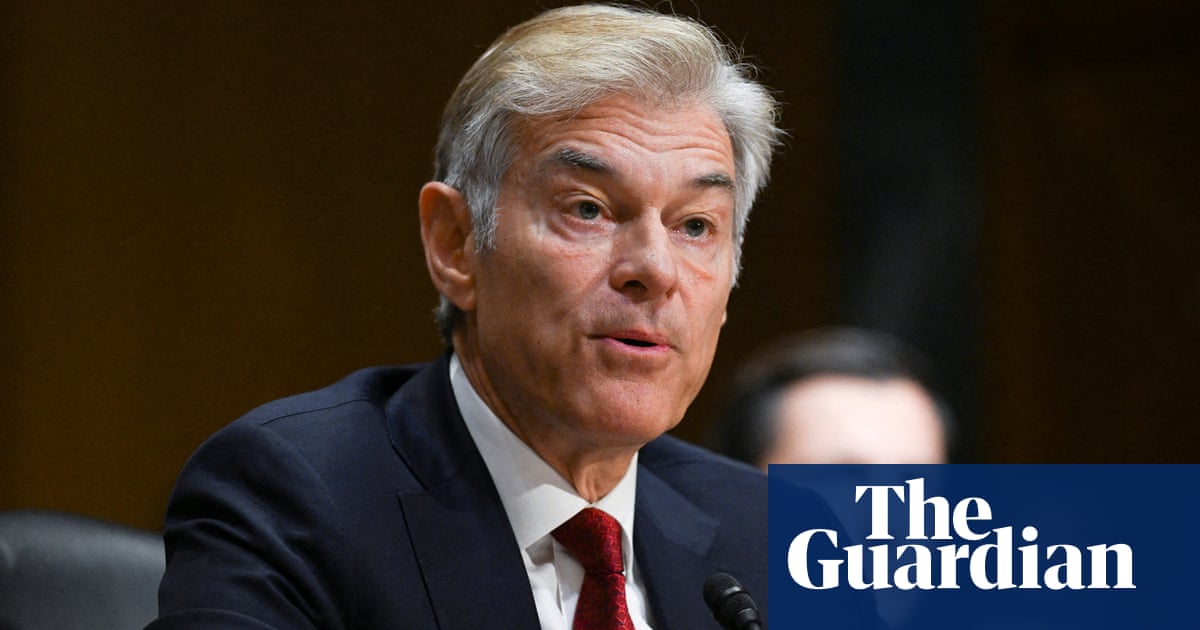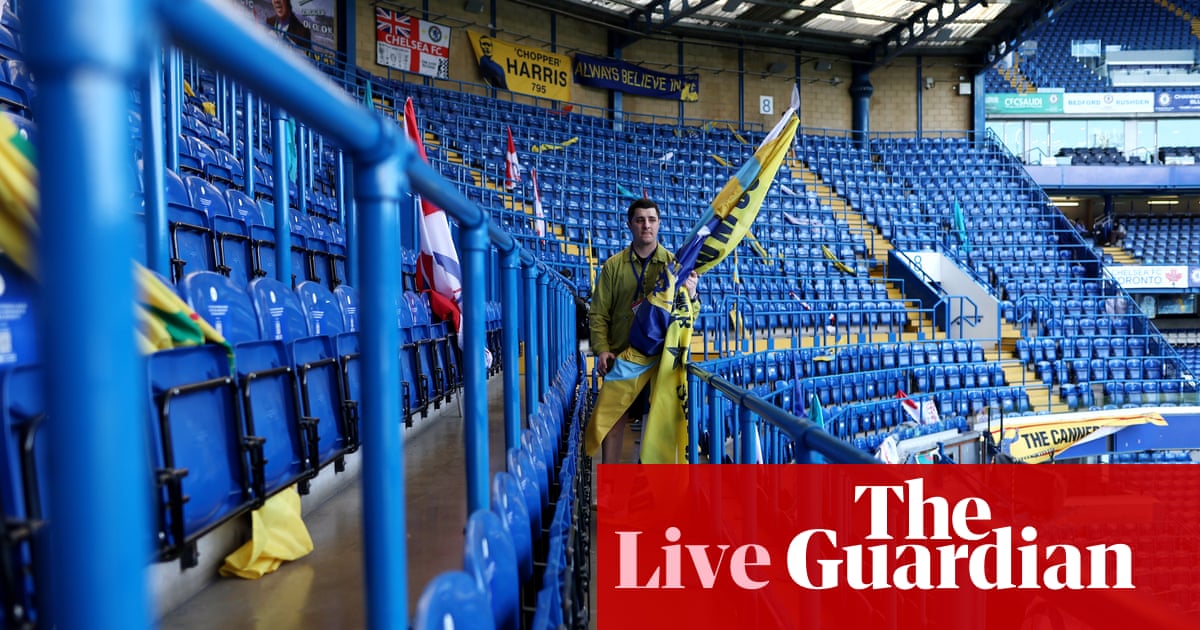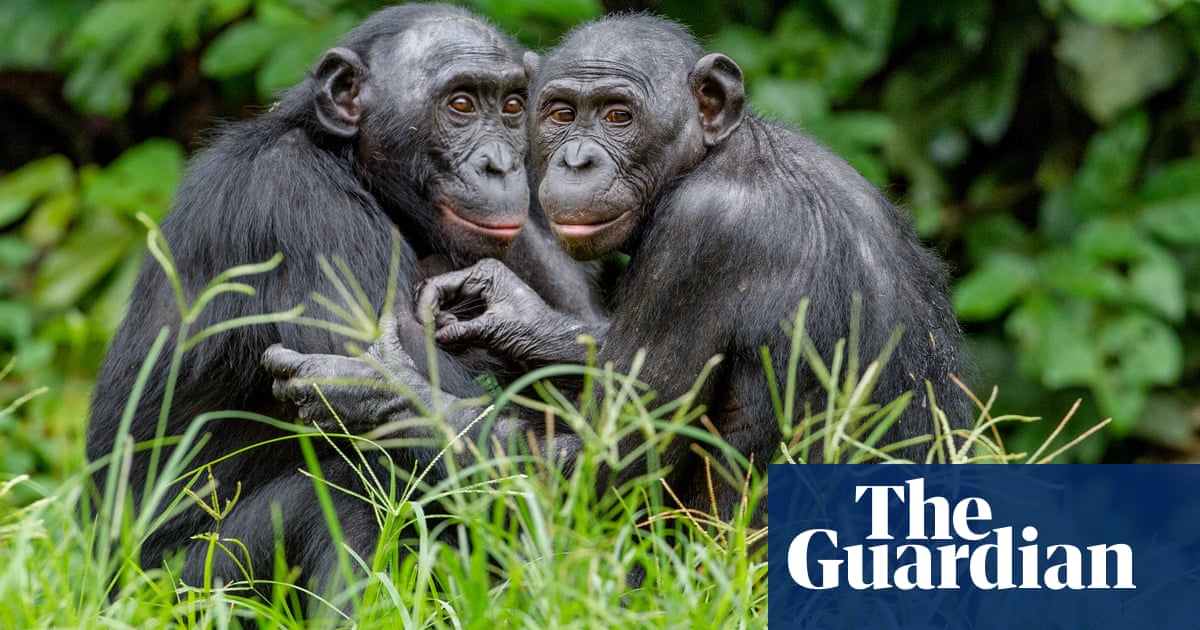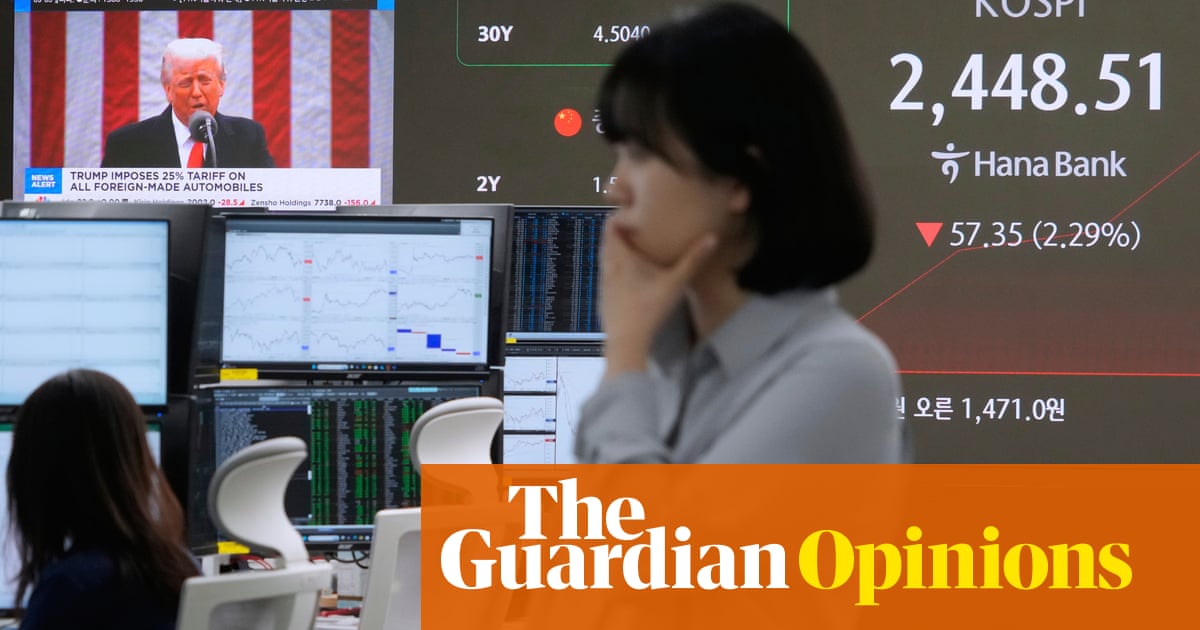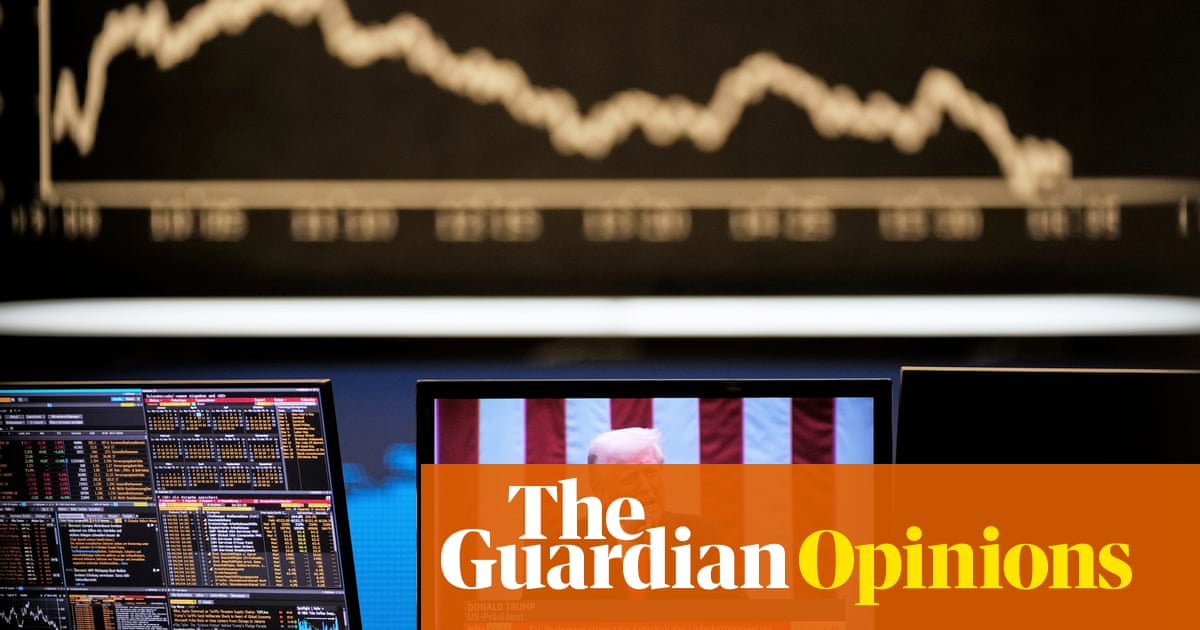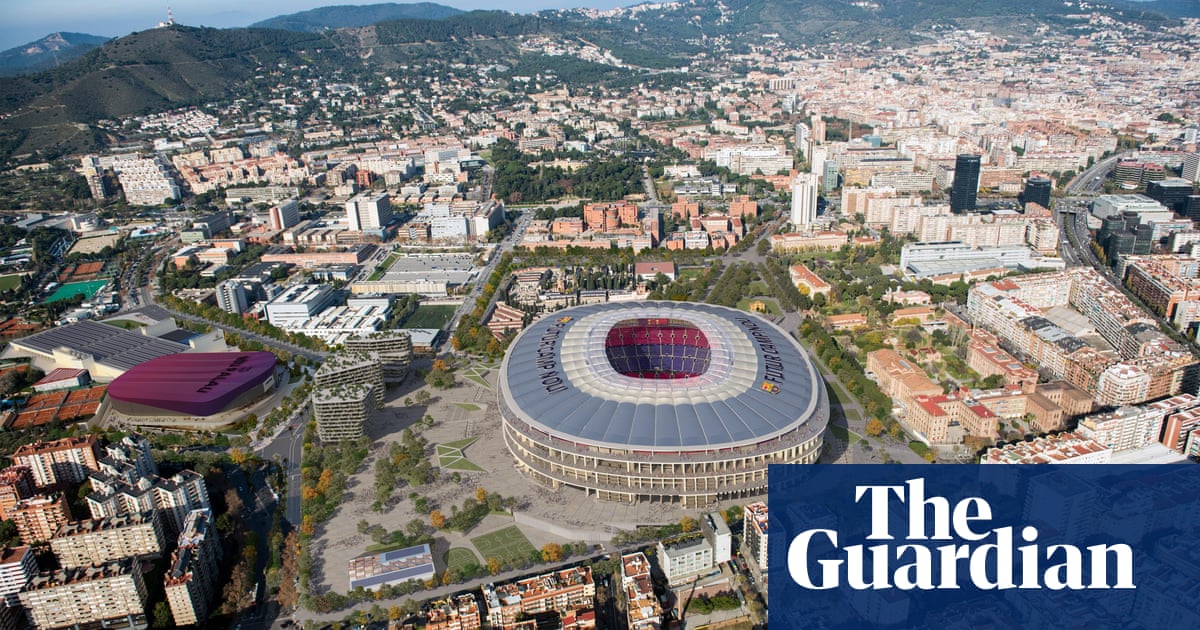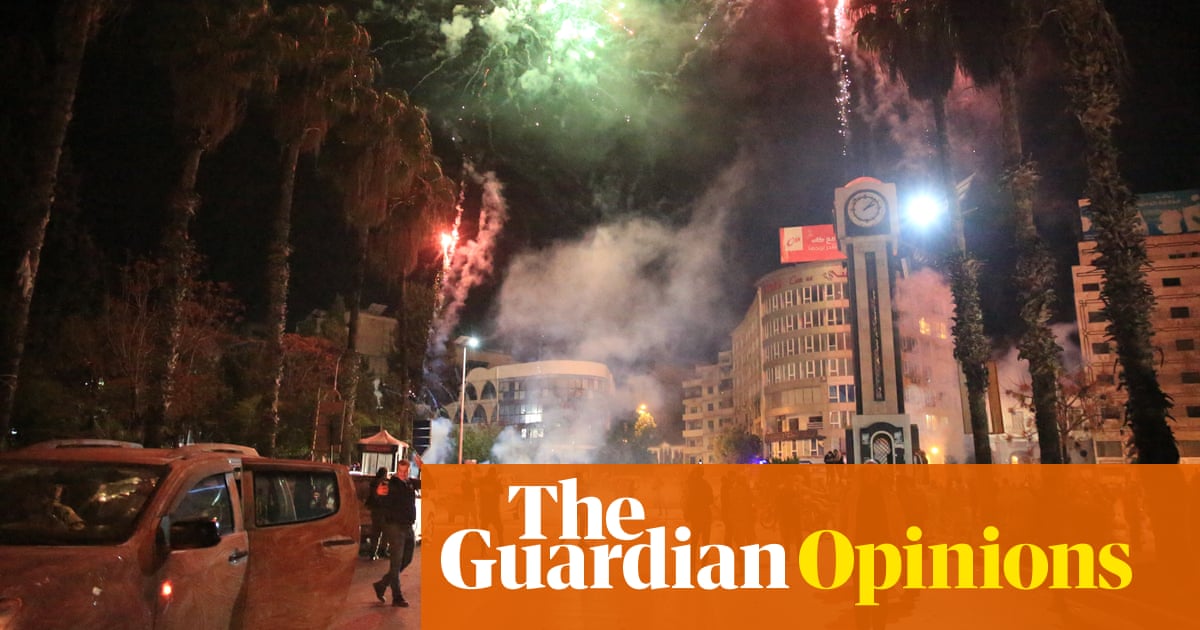The faces are different, but it’s the same authoritarianism. Keir Starmer’s team might not look or sound like Donald Trump’s, but its policies on protest and dissent are chillingly similar. So is the reason: coordinated global lobbying by the rich and powerful, fronted by rightwing junktanks.
Last week, six young women were having tea and biscuits in the Quaker meeting house in Westminster. Twenty police officers forced open the door and arrested them on conspiracy charges. Had the police discovered a plot to blow up parliament or to poison the water supply? No. It was an openly advertised, routine meeting of a protest group called Youth Demand, discussing climate breakdown and the assault on Gaza.
I spoke to one of the arrested women, Jennifer Kennedy. She says she is not an activist, but a student journalist who was covering the meeting. Her phone, camera and laptop were confiscated. She was held incommunicado for 16 hours: in other words, like the others arrested, she was not allowed to make a phone call, so family and friends had no idea where she was. This is a tactic that is used for serious organised crime, terrorism or espionage, to prevent suspects from disposing of evidence, intimidating witnesses or alerting other spies. While she was held, she says that the police searched her flat, looking through her books and frightened her flatmate.
The police justified the raid by claiming that Youth Demand plan to “shut down London”. What this has meant previously is 10-minute blockages of individual roads: “shut downs” of the kind YD has carried out many times before.
Police forces claim to be under-resourced. But they spend vast sums and launch huge deployments against unthreatening protests. Last year they sent over 1,000 officers from 39 forces, spending £3m, to shut down a climate camp and arrest 24 people, on the grounds that they might have been planning to occupy a road outside a power station. At the same time, they fail even to investigate serious organised crime, citing insufficient resources.
The police, governments and the media have sought to conflate peaceful protest with extremism and terrorism. Protest methods used for centuries, such as blocking roads, have been recast as the end of civilisation.
We are told that banning such tactics, as recent laws have done, is necessary to prevent ambulances from being obstructed or commuters delayed. GB News claimed that ambulances were being blocked by groups such as Insulate Britain, but no video evidence or otherwise was provided. When Josiah Mortimer of Byline Times covered a farmers’ protest in central London, in which roads were blocked by tractors, he filmed real ambulances struggling to get through. But neither the police nor other media were remotely interested.
As far as I can tell, no one has been arrested on a farmers’ protest so far this century, though some have caused far greater disruption than any environmental or Gaza actions, even, on a recent occasion, forcing the prime minister to flee. In 2000, farmers and truckers blockaded oil refineries, fuel depots and motorways, effectively shutting down the country. The leader of the protests, Brynle Williams, was treated by the media as a national treasure, and used his fame to become a Conservative member of the Senedd. Every year since his death, the Welsh government has presented the Brynle Williams Memorial Award at the Royal Welsh Show.
Similarly, the police have turned a blind eye to much of the far-right organising in this country, dismissing the risk that it would cause public disorder as “minimal”, despite abundant evidence to the contrary. This could be why they were so badly prepared for the racist riots last summer.
What explains these blatant double standards? Lobbying. Oligarchs and corporations on both sides of the Atlantic want to stamp out any threat to their interests. In the US, this effort has been led by the Heritage Foundation’s Project 2025. In the UK, the commissioner for countering extremism, Robin Simcox, appointed by the Conservative government, but who remains in post until July, previously worked at … the Heritage Foundation.
The extreme new laws in the 2022 Police, Crime, Sentencing and Courts Act and 2023 Public Order Actwere drafted in part, on Rishi Sunak’s admission, by another corporate junktank, Policy Exchange. It has been funded, among other interests, by fossil fuel companies. The outgoing independent adviser on political violence, John Woodcock, was previously paid by lobby groups representing weapons and fossil fuel companies. To general gasps of surprise, he demanded “protective buffer zones”, where no protest is allowed, around “defence companies and energy providers”.
The junktanks and their collaborators in the media have vilified protests against the genocide in Gaza, associated them with terrorism and antisemitism, and described them as “hate marches”. In reality, these marches and assemblies have been overwhelmingly respectful. Speaking for the National Police Chiefs’ Council, the former Lincolnshire chief constable, Chris Haward, told parliament, “Overall, we have seen very peaceful protests, given the numbers that have turned out.” But facts and evidence count for nothing. When people have been successfully demonised, you can do what you like to them.
The Labour party was built on protest, but now seeks only to harden oppressive laws. Last week, it announced new measures allowing police to prevent or divert protests “where the effect of the protest is to intimidate those attending a place of worship”. Note that it doesn’t say the intent of the protest, but the “effect”. Already the police widely abuse their powers under sections 12 and 14 of the Public Order Act to impede marches and assemblies. Now the government wants to strengthen these powers in areas close to a place of worship. While I agree that no one should ever be intimidated, there is no urban area in the UK that’s not close to a place of worship. At the same time, the government seems intensely relaxed about the intimidation of places of worship by the police, including forcing open their doors and sending in 20 officers.
Whatever charges the people gathering in the Quaker meeting house may face, it seems to me that their fundamental crime is dissent. That their offence is to subscribe to what Trump calls “improper ideology”: a challenge to money and power. Every right and freedom we possess came about with the help of protest. Shutting it down presents a far greater threat to national life than anything those women taking tea and biscuits might have wanted to discuss.
-
George Monbiot is a Guardian columnist
-
The Invisible Doctrine: The Secret History of Neoliberalism, by George Monbiot and Peter Hutchison, was published in paperback last week

 20 hours ago
1
20 hours ago
1

